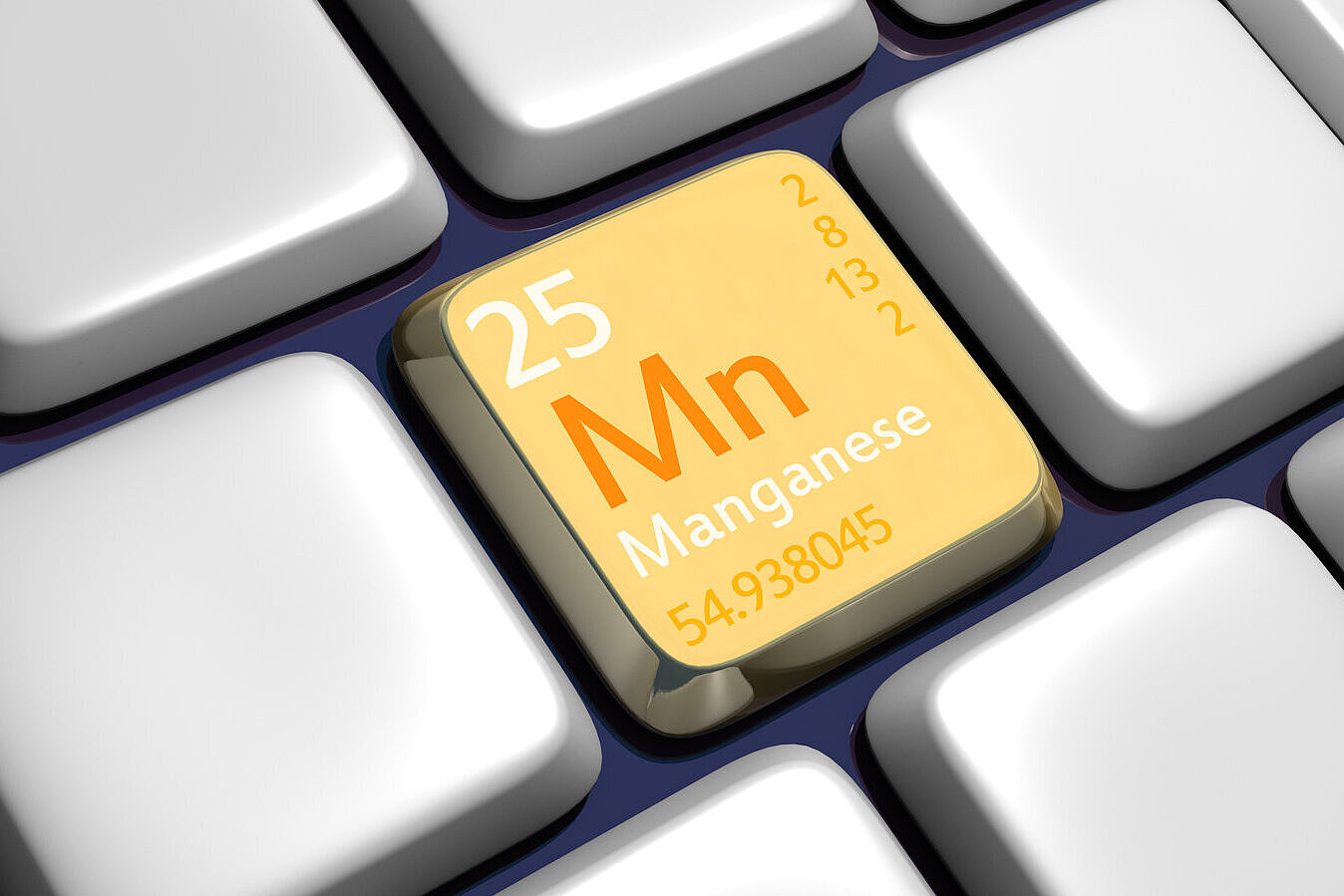Nickel

What is nickel?
Nickel is a chemical element with the symbol Ni and atomic number 28. It is a silvery-white metal with a slight golden sheen that is known for its excellent physical and chemical properties, including its resistance to corrosion and its ability to form alloys. Nickel is found in many metal alloys and is used in a variety of industries, from the manufacture of stainless steel and coins to batteries and special alloys for aerospace.
The benefits of nickel for dogs
Durability and safety in dog accessories
Nickel plays an indirect but important role in the lives of many dogs through its use in dog accessories such as collars, leashes and ID tags. Nickel alloys are often used in these products because of their corrosion resistance and strength, which increases the safety and longevity of these items. A strong, durable collar or leash can help keep your dog safe and secure, especially in situations where a breakage could have disastrous consequences.
The disadvantages of nickel
Nickel allergies
Although nickel has many positive properties, it can cause nickel allergies in some dogs. These allergies typically manifest as skin reactions caused by direct contact of the skin with nickel-containing objects. Symptoms of nickel allergy can include rashes, redness, itching and hair loss, especially in areas exposed to close contact with nickel-containing accessories.
Environmental exposure and health risks
Nickel is also present in some environments in the form of dust and other particles, which can lead to inhalation exposure in dogs. Although cases of nickel poisoning in dogs are rare, high concentrations of nickel in the environment can pose potential health risks, including respiratory problems and, in extreme cases, damage to the lungs and other organs.
Nickel is a fascinating element with a variety of applications that can have both positive and negative effects on our dogs. The use of nickel in dog accessories offers benefits in terms of durability and safety, but it is important to be aware of the potential risks, including the possibility of nickel allergies. As a responsible dog owner, you should be aware of the symptoms of nickel allergy and take appropriate measures to minimize your dog's contact with nickel if you suspect it. Your dog's health and well-being always comes first, and an informed approach to nickel and other metals can help avoid potential risks.
If you notice any signs of hypersensitivity or poisoning in your dog, you should see your vet immediately. We are not a substitute for a vet, but we try to be as accurate as possible. Every dog reacts differently and we recommend you get a second opinion or consult your vet if in doubt.
Stay healthy and take good care of your four-legged friend!😊
Similar to Nickel
Your dog's copper requirement depends on various factors, such as its age, size, coat type and health. Generally speaking, dogs need about three times the amount of copper that humans need in...
The optimum amount of zinc for your dog depends on various factors, such as his age, size, state of health and diet. The German Nutrition Society (DGE) recommends a daily zinc intake of 2 to 5...
Iron is a chemical element that occurs naturally. It is an important component of hemoglobin, the red blood pigment. Hemoglobin binds oxygen in the lungs and transports it to cells throughout the...
The optimal amount of manganese for your dog depends on various factors, such as his age, size, activity level and diet. A general recommendation is that an adult dog needs about 0.1 mg of manganese...



